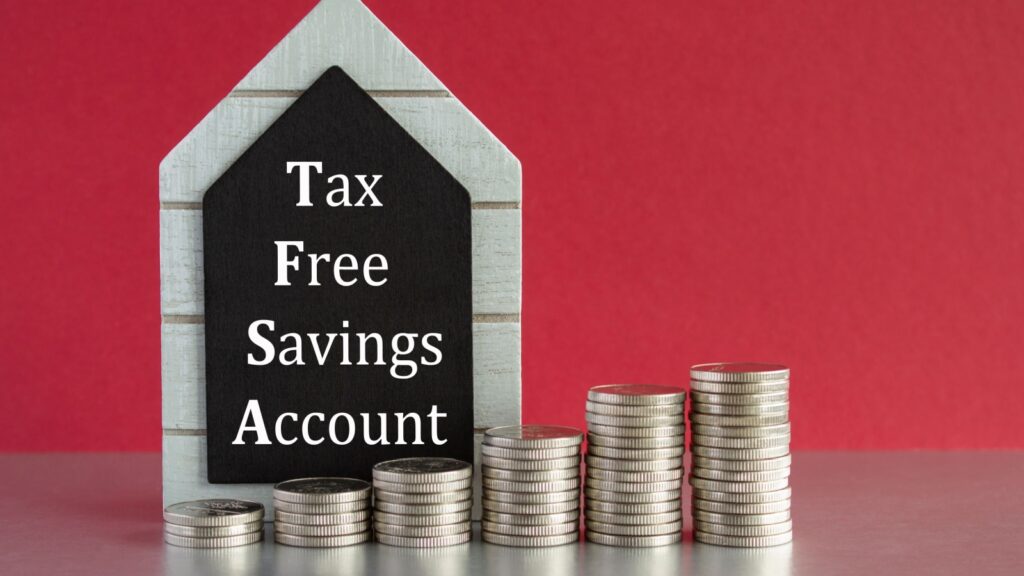Most accountants don’t flaunt financial secrets. But behind tax returns and spreadsheets, there’s a collection of small, strategic moves that make a massive difference over time. These aren’t flashy “get rich” tricks; they’re the little-known, tried-and-true habits that accountants tell their friends when the cameras are off. From tax-free growth to snowballing savings, every one of these hacks works because it’s simple, legal, and built to last. Here are 16 finance hacks accountants whisper to friends.
Max the TFSA Before Anything Else
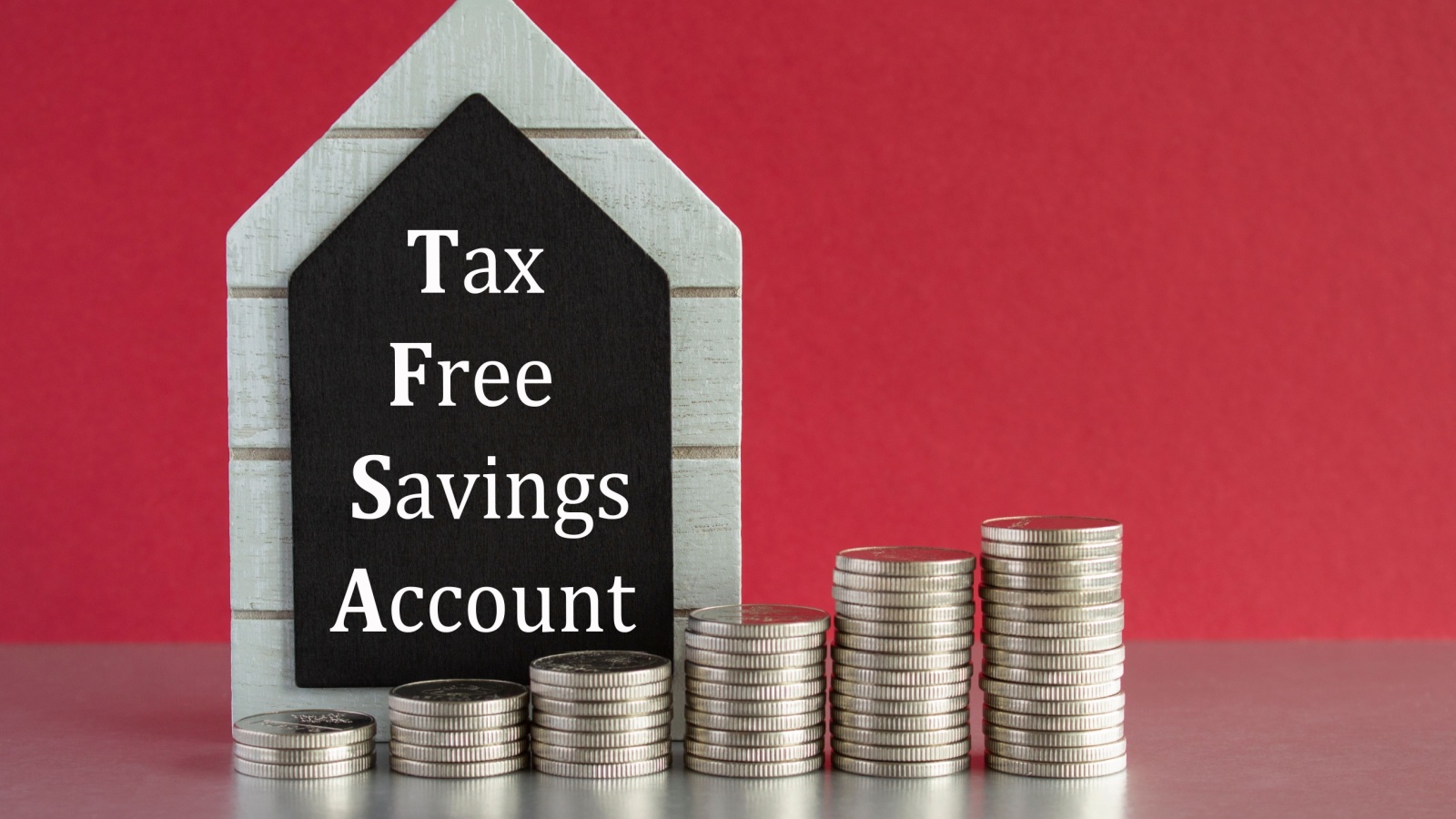
Accountants quietly agree on this: the Tax-Free Savings Account is Canada’s most underrated wealth tool. You can invest inside your TFSA — stocks, ETFs, GICs, or bonds — and all growth remains tax-free. Withdraw anytime, for any reason, with zero penalties. That’s freedom most accounts don’t offer. Many people wait to “fill it later,” but accountants know compounding works best when started early. Contribution room carries forward, but time doesn’t. Even modest monthly deposits add up faster than you think. Treat your TFSA like a mini retirement engine.
Claim Every Credit — Even the Small Ones

Most people claim the big credits: medical, tuition, and childcare. But accountants know that small credits — like digital news subscriptions, volunteer firefighter amounts, or teacher supplies — quietly add up. Each one chips away at your taxable income, saving real money at tax time. The trick is record-keeping. Keep digital receipts year-round in a simple folder, categorized by type. You’ll thank yourself next April. Accountants also remind friends to transfer unused credits between spouses. Tuition, disability, and even age amounts can often be shared. Many Canadians overpay tax simply because they miss details.
Automate Savings — Then Forget About It
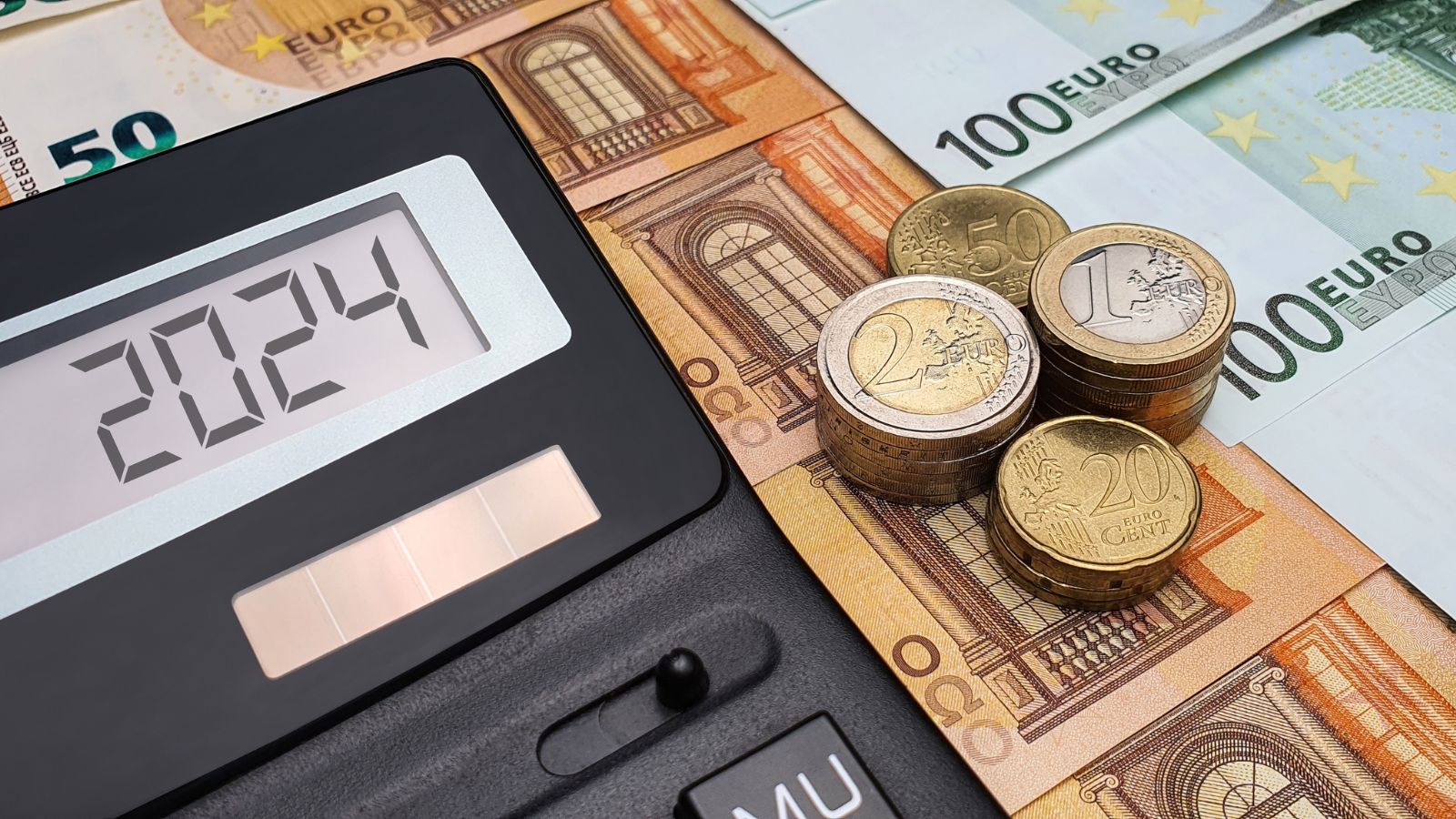
Accountants understand human nature. If saving depends on willpower, it won’t happen. That’s why automation is the real secret weapon. Set up recurring transfers from chequing to savings or investments right after payday. You’ll never “see” the money, so you’ll never miss it. Even small automated deposits — $100 a week — become powerful through consistency. Over time, you build not just balance, but financial discipline. Accountants call this “paying yourself first,” and it’s not just theory. Studies show automation drastically improves long-term savings success.
Use Your RRSP Strategically — Not Emotionally
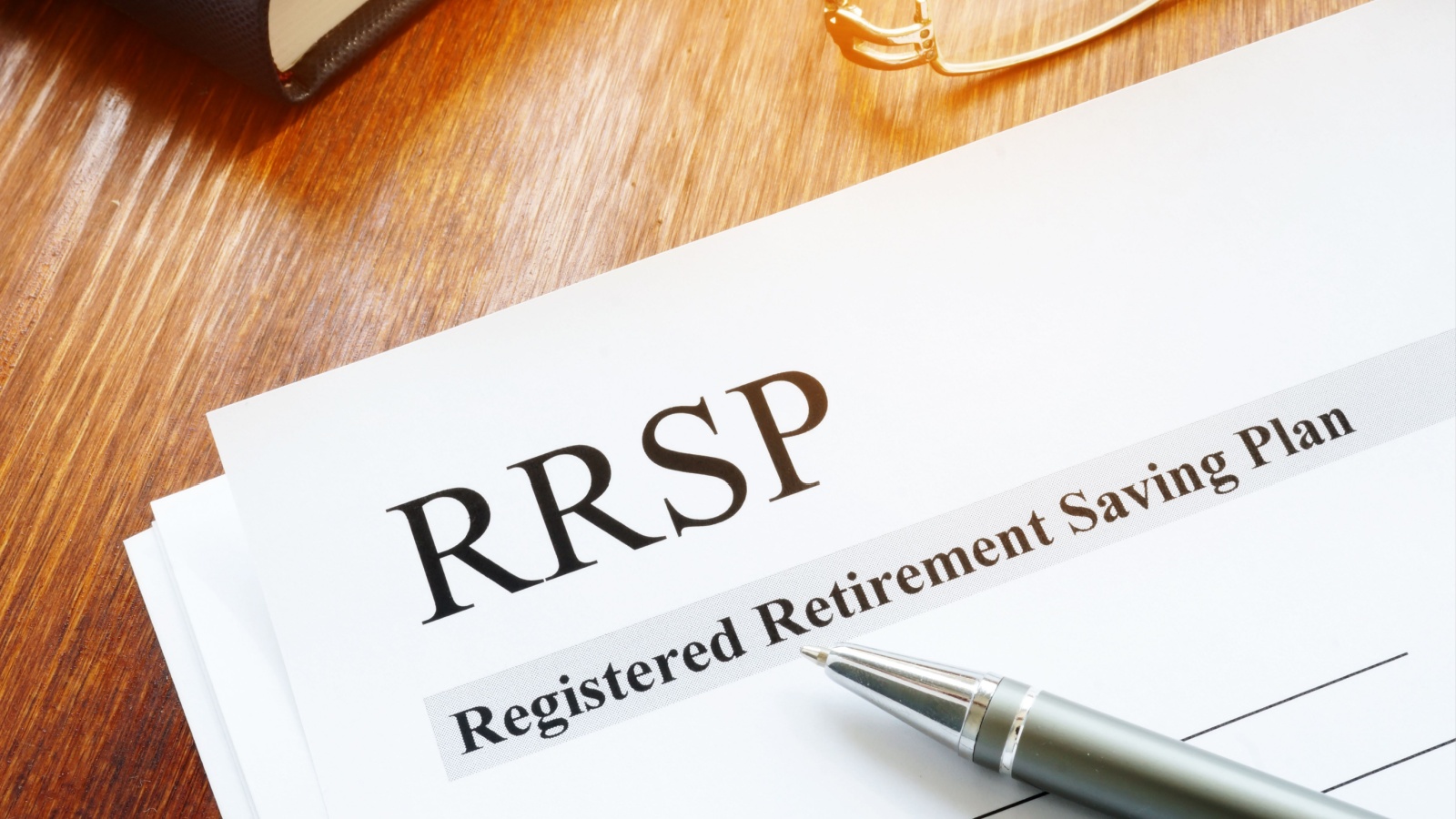
The RRSP is powerful, but misunderstood. Many Canadians panic at tax time and dump in money to “get a refund.” Accountants know that’s short-sighted. The RRSP isn’t about refunds — it’s about long-term deferral. Contributions lower taxable income now, but withdrawals in retirement are taxed. The trick is timing: contribute most when your income and tax bracket — is highest. Some even wait to use room during high-earning years for maximum benefit. For younger Canadians in lower brackets, a TFSA might outperform an RRSP initially. The smartest move? Split your contributions. Half RRSP, half TFSA, and then rebalance as your career grows. And don’t forget the spousal RRSP: it smooths retirement income and saves thousands later.
The “Two-Account” Budget Trick
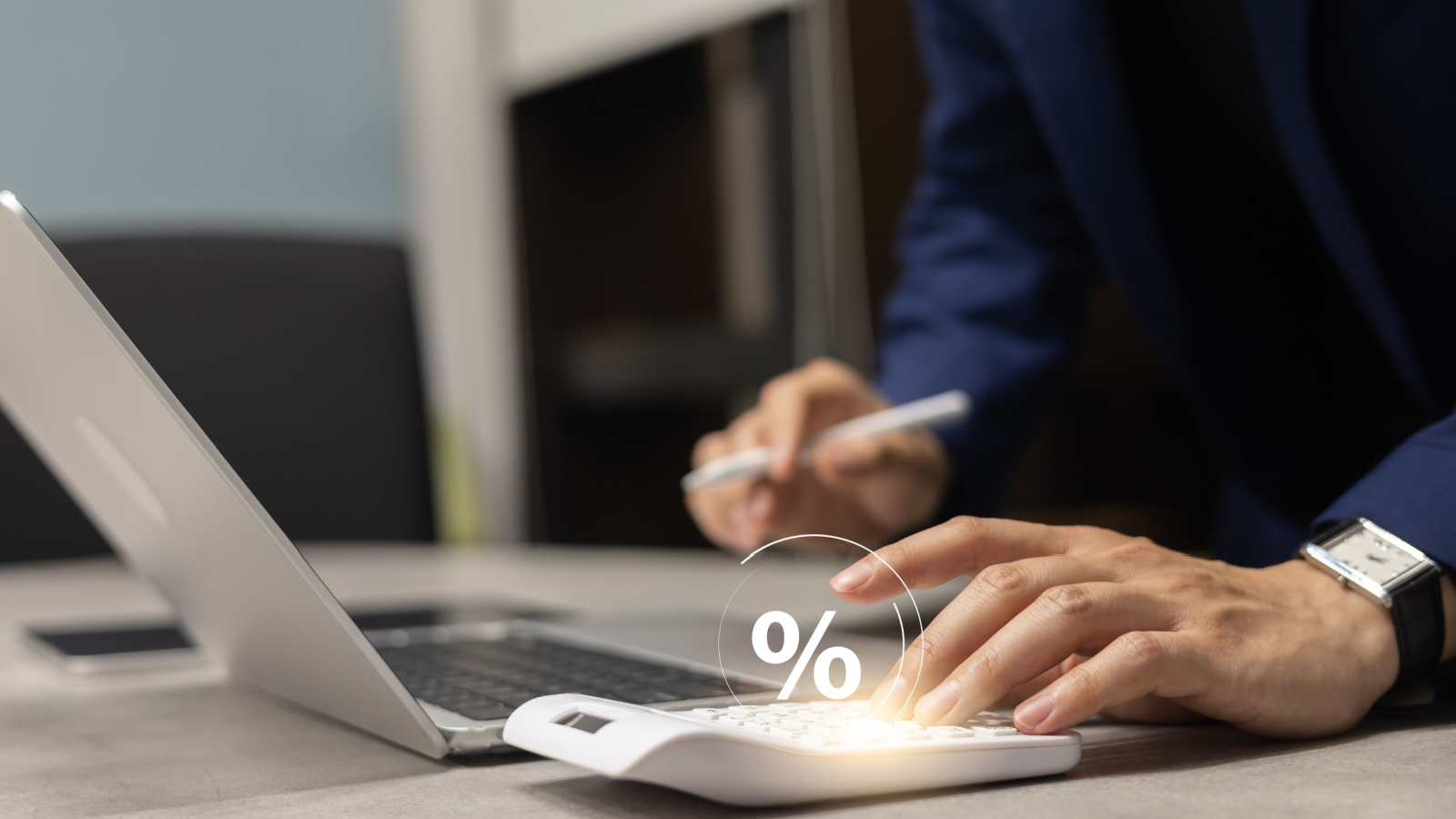
Here’s a simple accountant move that fixes overspending instantly. Open two chequing accounts: one for bills, one for spending. Every payday, move fixed expenses like rent, insurance, and utilities into the “bills” account. Everything left in the second account is guilt-free money. This split prevents accidental bill shortfalls and turns budgeting into autopilot. It’s clean, visual, and foolproof. Accountants love it because it eliminates guesswork. In a world of digital banking and instant transfers, there’s no excuse not to try it.
Turn Your Mortgage Into an Investment Tool

Your home can grow your wealth. Accountants often whisper about the “Smith Manoeuvre,” a Canadian method for making mortgage interest tax-deductible. Here’s how it works: As you pay down your mortgage, you reborrow that paid portion through a line of credit to invest. The interest becomes deductible because it funds income-generating assets. It’s advanced, but powerful. Accountants stress: it’s not for everyone. You need discipline and risk tolerance. Done right, it accelerates debt payoff and investment growth simultaneously. Done wrong, it’s chaos. But for experienced investors, it’s the quiet hack that turns a house into a wealth engine.
Expense What You Can — But Ethically

Self-employed Canadians often underestimate legitimate deductions. Accountants help clients reclaim real money by expensing what truly supports income: part of your home office, phone, internet, or even car mileage. The rule is simple. If it’s genuinely used for business, it’s deductible. Keep clean records, receipts, and mileage logs. You’re not “cheating”; you’re following the law smartly. Accountants tell friends to avoid crossing the line: No personal vacations disguised as conferences. Canada Revenue Agency spots that easily. But legitimate deductions can dramatically lower taxable income.
Invest Dividends, Don’t Spend Them
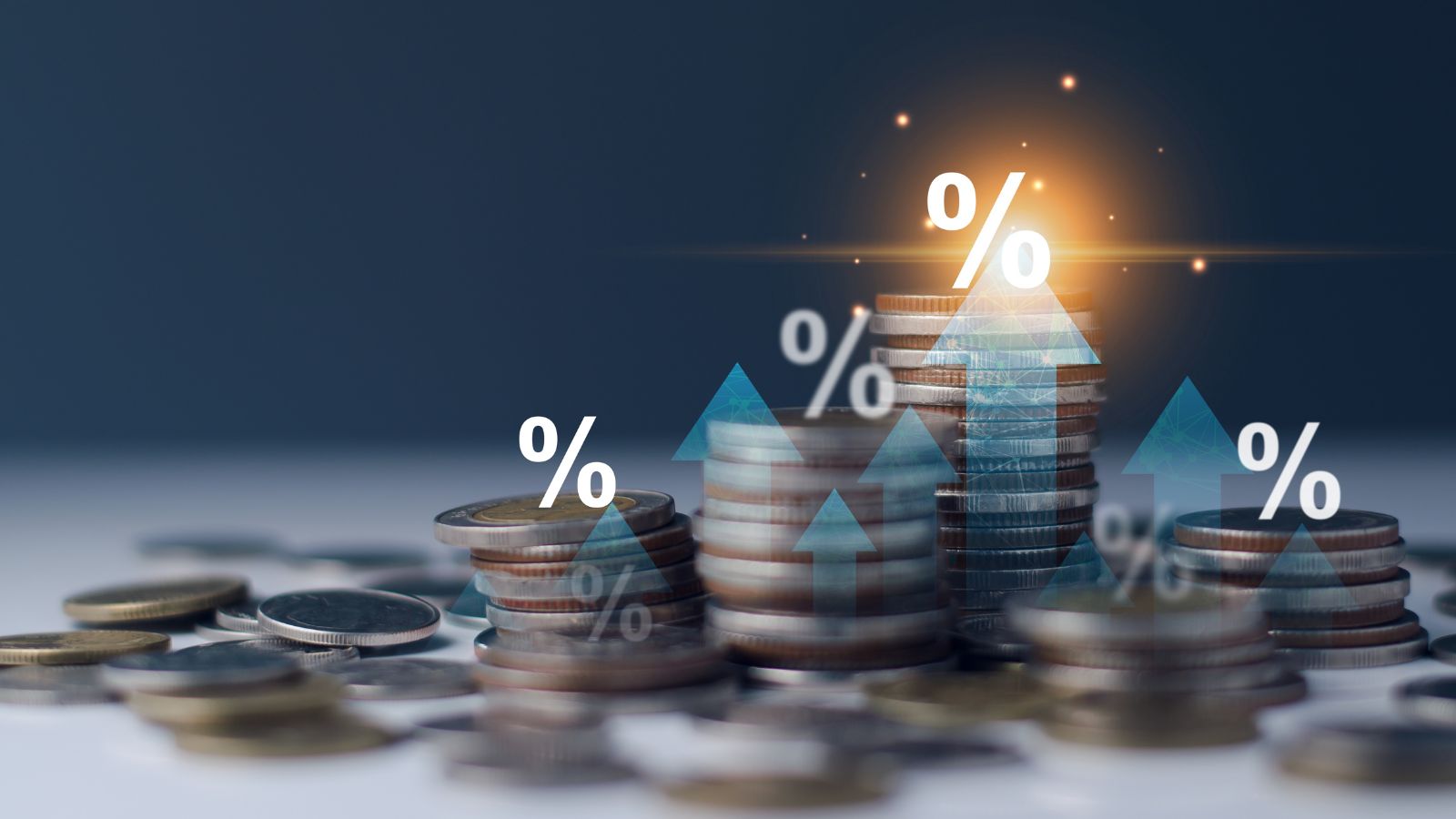
Dividend stocks are quiet wealth builders, especially in Canada’s stable banking and utility sectors. Most people spend their dividend payouts. Accountants do the opposite — they reinvest them automatically. Through Dividend Reinvestment Plans (DRIPs), your dividends buy more shares without fees. Over the years, this compounds your portfolio faster than manual investing ever could. Many retirees live comfortably today because they started this habit decades ago. It’s the slowest, steadiest hack in finance.
Use Credit Cards Like Tools — Not Toys
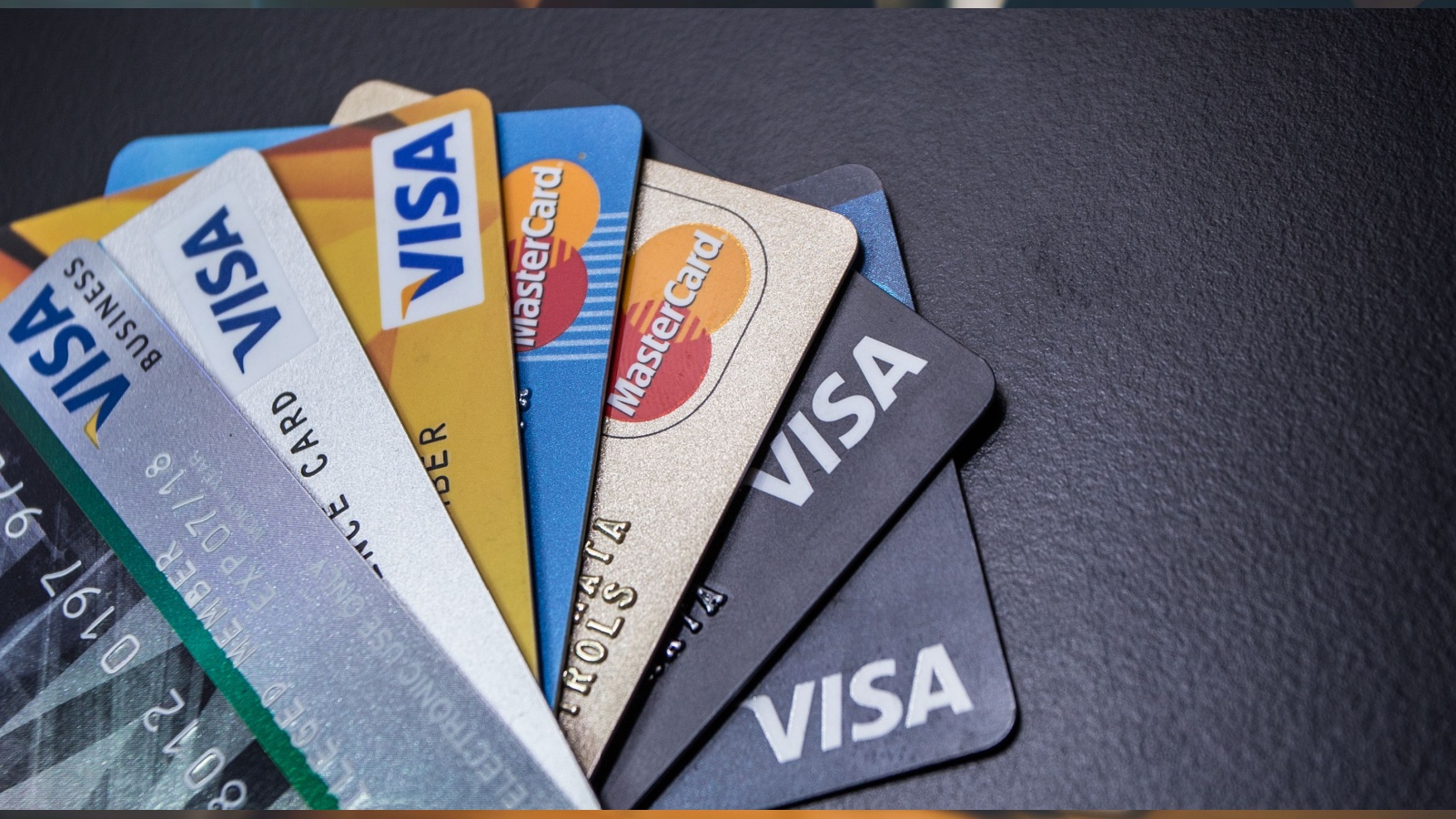
Accountants see two kinds of credit card users: point collectors and debt payers. The first win; the second lose. Credit cards can be financial weapons. The secret is discipline. Pay balances in full every month and let the rewards system work for you, not the bank. Choose cards offering strong cashback or travel points on your actual spending habits: Groceries, gas, and bills. For Canadians, credit cards can build credit history, extend warranty protection, and offer travel insurance. Accountants whisper this truth quietly: treat your credit card like a debit card with perks, and you’ll never pay interest again.
Split Income Smartly With Family Members

Tax splitting isn’t just for retirees. Accountants often advise families to shift income strategically, especially small business owners or those with investment income. Spouses, and sometimes even adult children, can receive dividends or wages to lower overall taxes. The trick? Keep it reasonable and well-documented. CRA allows “reasonable compensation” for work performed, but fake payrolls raise red flags. For retirees, splitting pension income between spouses can reduce tax brackets and boost benefits. Accountants call this “income smoothing”.
Keep Your Investment Fees Under Control

Accountants know one hidden drain most people ignore: Management fees. That tiny 2% mutual fund fee can quietly eat nearly half your gains over decades. The accountant’s advice? Go lean. Use low-cost ETFs or index funds instead of actively managed products. Even a 1% difference in fees can mean tens of thousands more in retirement. Online brokerages like Wealthsimple, Questrade, or RBC Direct Investing make it easy for Canadians to invest with lower costs. Accountants whisper this often: “It’s not what you earn; it’s what you keep.” Every dollar you save in fees is a dollar your future self will thank you for.
Keep Emergency Funds in High-Interest Accounts
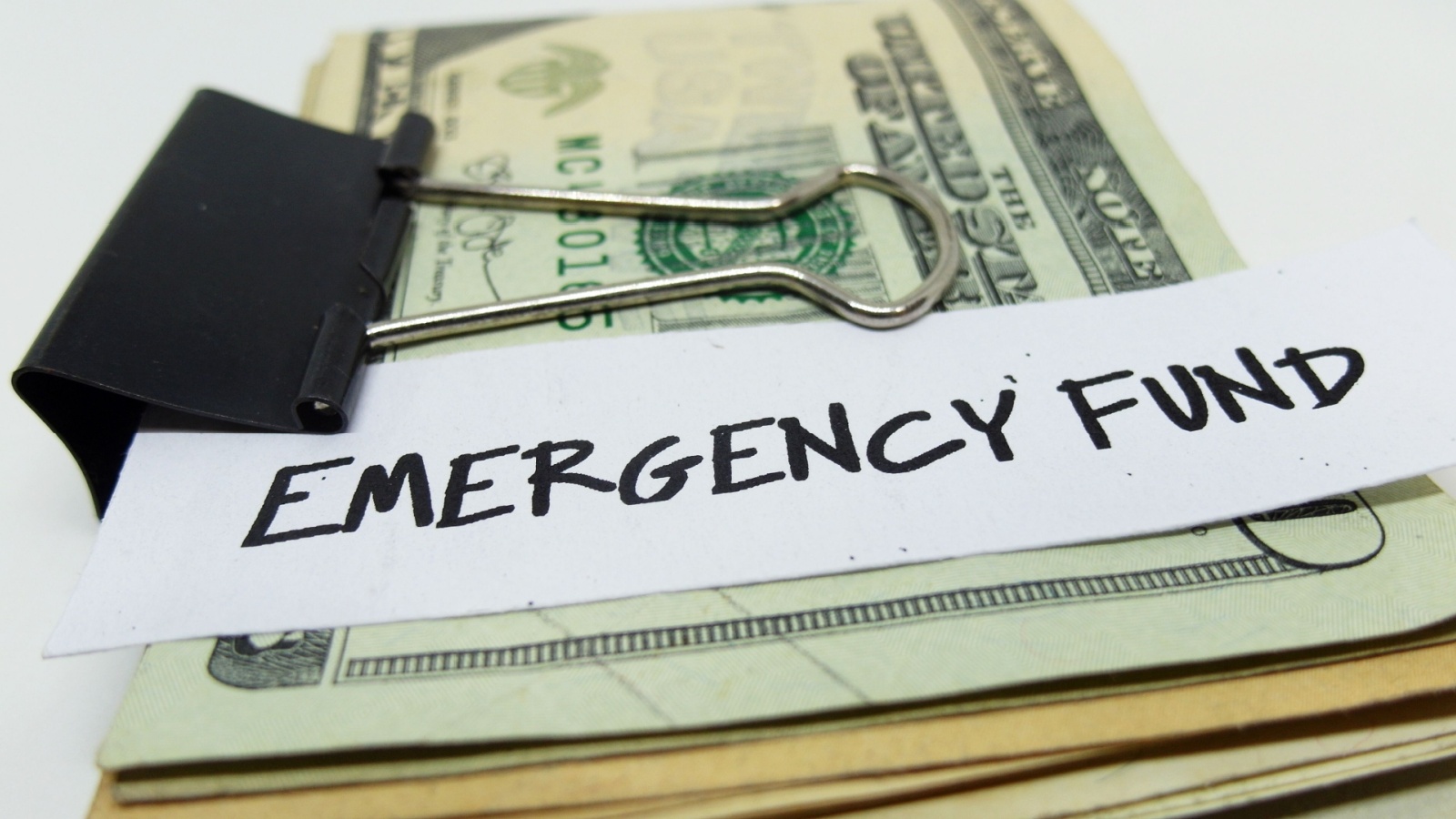
Cash is boring until you need it. Accountants quietly swear by emergency funds. Three to six months of living expenses tucked safely away. But instead of parking it in a no-interest chequing account, they move it to a high-interest savings account or short-term GIC. That way, the money stays accessible but still earns something. Many Canadians underestimate this hack’s power — it’s simple risk management. You’re not just saving cash; you’re saving peace of mind. Online banks like EQ, Tangerine, and Simplii often pay two to three times traditional bank rates. It’s not glamorous, but it’s smart.
Use Refunds Like a Strategy, Not a Surprise

Most people treat tax refunds like bonus money but accountants treat them like tools. A refund isn’t free cash; it’s your money coming back late. Instead of splurging, accountants use refunds strategically: paying down debt, topping up RRSPs, or jump-starting next year’s TFSA contributions. This creates a compounding loop where tax savings fuel future growth. You can even adjust payroll deductions through CRA’s TD1 form to avoid overpaying in the first place. The goal is control, not surprise. Accountants always say: “Don’t give the government an interest-free loan.”
Use Capital Gains Timing to Your Advantage
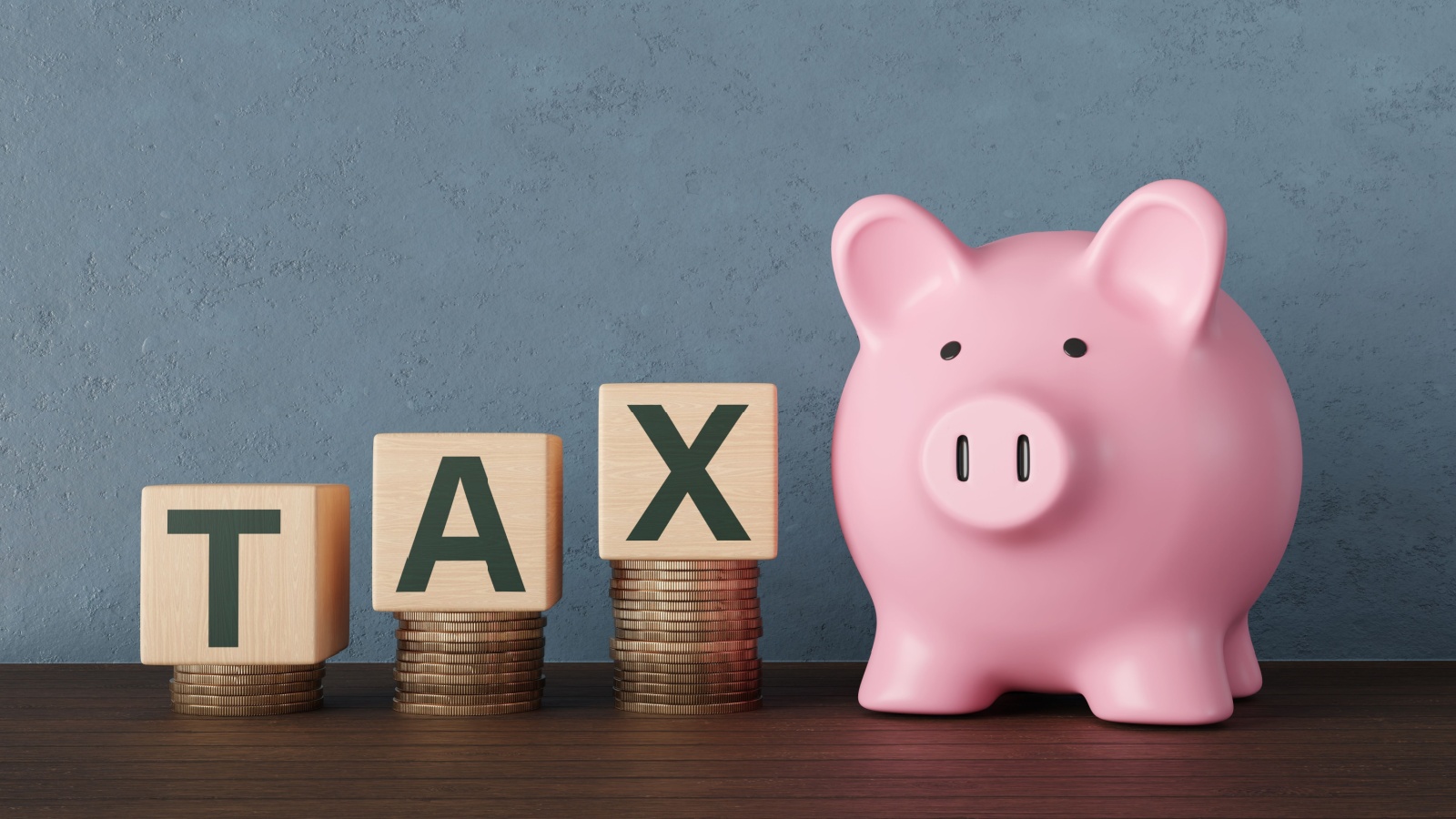
In Canada, only 50% of capital gains are taxable, and accountants know how to make that rule work quietly in your favour. Sell investments gradually across tax years instead of all at once to manage bracket impact. Time for big disposals for years with lower income, like parental leave or semi-retirement. You can also use tax-loss harvesting — selling losing investments to offset gains elsewhere. It’s not gaming the system; it’s balance. Smart timing can shave thousands off a tax bill.
Think of CPP as a Strategy, Not a Guarantee
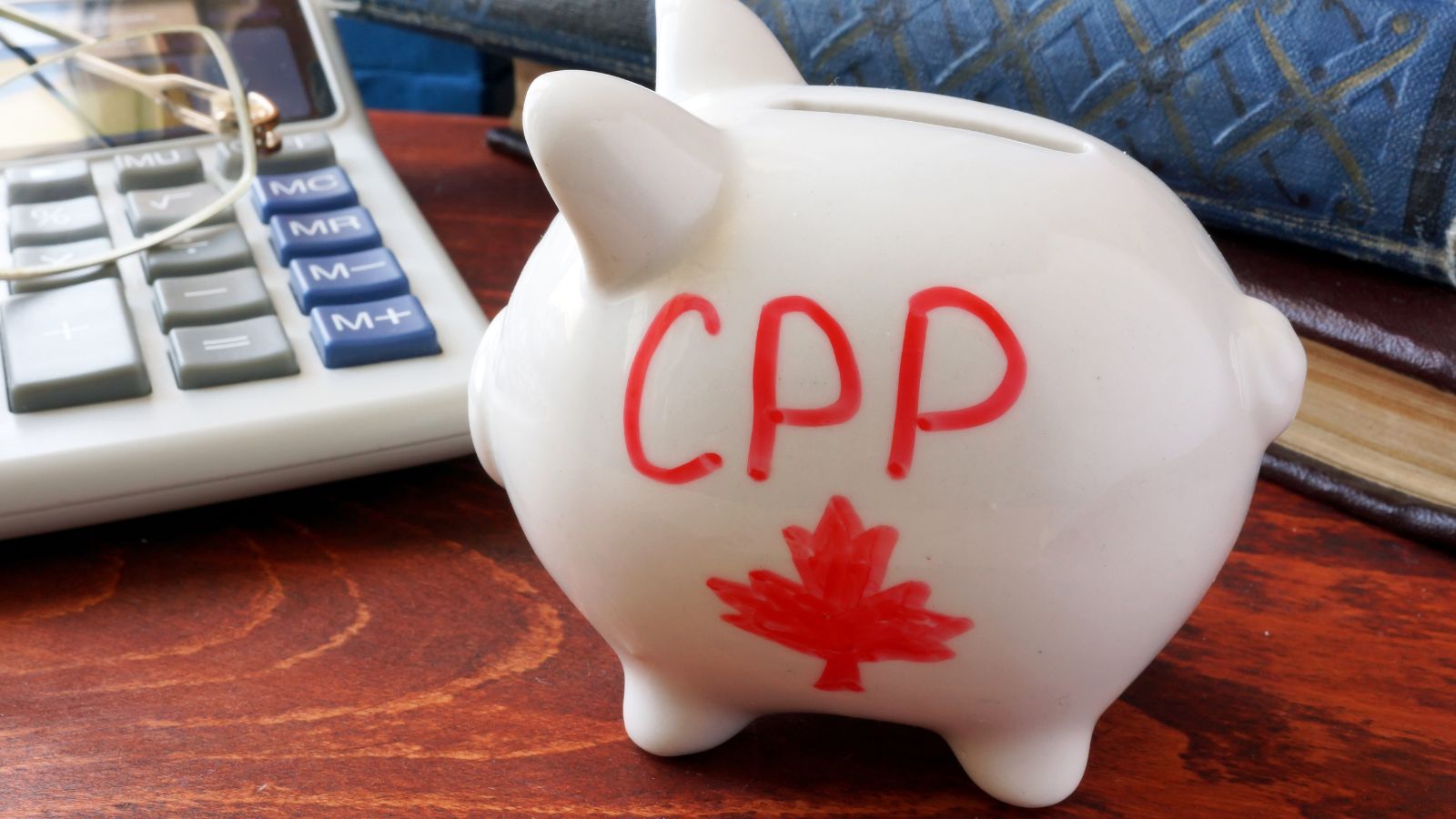
Many Canadians rush to take CPP at 60. Every year you wait increases payments by 8.4%, up to age 70. If you’re healthy and have other income, deferring often wins in the long-term. It’s a math game, not an emotional one. Combine that with strategic RRSP withdrawals before CPP starts, and you’ll smooth out taxable income across retirement. The result? More lifetime income, less tax overall. Accountants love this trick because it’s legal, logical, and easy to overlook. Sometimes, the best “hack” is just patience disguised as planning.
The Quietest Hack of All — Talk to a Pro Before You Need One

Accountants often smile when friends come for “quick advice” after big financial moves. The real secret? Ask before, not after. A short consultation before buying property, selling assets, or starting a business can save thousands in taxes and penalties. Professionals see patterns the public misses — small adjustments with big effects. In Canada’s complex tax landscape, one conversation can prevent years of regret. Accountants whisper this one the loudest: “Advice is cheaper than correction.” Whether it’s a CPA, planner, or tax lawyer, proactive help is the smartest money you’ll ever spend.
21 Products Canadians Should Stockpile Before Tariffs Hit

If trade tensions escalate between Canada and the U.S., everyday essentials can suddenly disappear or skyrocket in price. Products like pantry basics and tech must-haves that depend on are deeply tied to cross-border supply chains and are likely to face various kinds of disruptions
21 Products Canadians Should Stockpile Before Tariffs Hit
